April Insights & Innovations: Ethical Dilemmas in AI, Future of NHS Funding, and Genomic Surgery

At Aurora we are constantly staying abreast of the latest trends and insights in healthcare and pharmaceuticals and we want to share these with you. You’ll see below a few of the recent things we have read that gave us pause or made us look at things differently, especially in relation to things that the Aurora team is working on. If any of these topics resonate with you or if you have insights to contribute, please don’t hesitate to reach out at chris.hall@auroracomms.com. Please click on each title to view the whole article.
World Health Organization. Benefits and risks of using artificial intelligence for pharmaceutical development and delivery
The WHO has recently released a broad-ranging summary of the potential for AI in the pharma industry. The paper examines that AI already touches the entire product development and marketing spectrum. It also focuses on the potential for AI to widen existing inequity for neglected populations. It raises interesting ethical dilemmas we must address when using AI regarding the fine balance between efficiency, commercial success, and public health benefits. Regardless of where we fall in terms of this balance, it does show the wide-ranging need for collaboration across society to truly reap the benefits of AI in the creation and use of medicines. Inevitably, industry needs to sit at the centre of this collaboration. Mistakes will be made, bad actors will take advantage of the technology, but success can come about if there is a focus on true collaboration, and development of actual shared goals.
Appleby, J et al., BMJ 2024;384:e079341. The BMJ Commission on the Future of the NHS: NHS funding for a secure future
Of course, those of us in the UK are bombarded with the seemingly inevitable downfall of the NHS. This nice summary looks at how best to secure the future of the NHS amid the changing landscape of AI, advanced therapies, and demographic changes. The paper presents a sensible balance of continuing to fund through taxation with the need for an immediate cash injection, alongside creating an independent office to provide an unbiased look at the state of healthcare in the near and far term. Inevitably, given that it is about the future of the NHS, it has already attracted some debate and pushback. We can at least cross our fingers (in hope, more than expectation) that an open and focused debate may help push us towards a somewhat better future and a more stable health system in the UK.
The King’s Fund. Illustrating the relationship between poverty and NHS services
Another sad fact relating to the NHS (and all health systems) is the effect of poverty on people’s ability to live healthy lives. Poverty, health inequity and the associated issues are hugely complex. At Aurora, we have looked at how health inequality affects cancer care; you can see this in the Cancer Equals report we collaborated with BMS on. This report in the King’s Fund (funded by the Joseph Rowntree Foundation) discusses how poverty affects people’s ability to access healthcare more broadly and how the NHS, as an organisation, can help the drive to tackle poverty. When you look at some of the recommendations (helping people access health systems, using data to find people in poverty, poverty-proofing services), it is clear industry could (and should) play a key role in this. Given many of the people in poverty are more likely to be living with long-term conditions, for which industry has innovative solutions, it makes not only ethical sense to help them access healthcare but also business sense. While some good examples exist, there is a big need for more work here.
I Rahman and J Barwell. Coll. Surg. Engl. 106(4). Genomic medicine for the 21st century
On a more positive note, this editorial discusses how genomics can be more broadly applied to surgical practice outside rare diseases. Using genomics to inform preventative surgery nicely encapsulates the fusion between old and new medical approaches. There are clear infrastructure, time, and IT challenges to implementing this more widely, alongside true ethical concerns about what the health system can access regarding our lifestyle and socioeconomic status. This will inevitably open up a whole new frontier of patient engagement. The catalyst for this approach was the now-completed 100,000 Genomes Project. The results of this have given rise to many medical and diagnostic investigations for patients across rare and infectious diseases, cancer and even COVID-19. It is a shame successful approaches to innovative thinking such as this are not celebrated more broadly. I suspect most of the public may not even know about the project.




